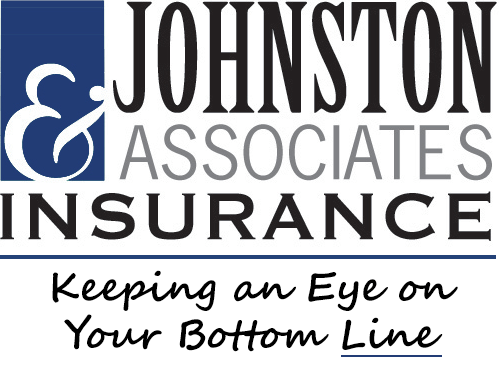
For any layperson who has tried to read through a typical insurance policy, whether it be automobile, health, or life, the verbage and vast amount of information can seem off-putting. However, it is important for every policyholder to have a basic knowledge of insurance terminology in order to be informed should the need to file a claim arise.
There are six basic components to every insurance policy:
- Declarations-usually the first page of the policy, the declarations page is more or less a summary of the policy, including:
- what is covered
- who is covered, including the policyholder name and address
- the coverage limits of the policy
- the policy’s start and end date
- the required premiums
- the policy number
- the name and address of the insurance company
- how to file a claim
- Insuring Agreement-this part of the policy states the responsibilities of both the insurer and the insured. By agreeing to these terms, the insurance company states what it will cover in exchange for the payments made by the policyholder for the duration of the policy.
- Conditions-the insurance conditions go into greater detail about what the policy covers and to what extent, as well as what is expected of the policyholder. For example, the conditions will state the policy’s start and end date, when the insured is supposed to make premium payments, and the maximum amount the insurer will pay out for any covered claim.
- Exclusions-simply put, these are the things your policy will not cover. Common examples of exclusions on homeowners policies are flooding, earth movement, and damage caused by neglect from the homeowner. Typical car insurance exclusions are accidents you have while driving your vehicle outside the country, mechanical problems, and any modifications to the vehicle not approved beforehand by your insurer.
- Endorsements-any change or amendment to your policy during the policy period is referred to as an endorsement. A car insurance policy, for example, may have an endorsement added should the insured add or remove drivers or vehicles from the policy, or if the policyholder decides to increase or decrease the coverage limits.
- Definitions-this part of the policy explains certain words that are in bold or highlighted in your policy, and these words and terms are usually ones that refer to what is and is not covered.
Navigating the ins and outs of any insurance policy can be daunting, especially for someone who is buying any kind of insurance for the first time. Scott and his team of independent agents have a combined quarter century of experience, and their expertise is your advantage. Johnston & Associates serves the businesses, non-profits, and residents of Brentwood, Franklin, Nashville, Spring Hill, and Middle Tennessee. Contact them today for help with making insurance make sense.
Tagged With: apartment, brentwood, business, commercial, duplex, franklin, homeowners, independent, insurance, landlord, liability umbrella, nashville, nolensville, rental dwelling, renters, spring hill, tennessee